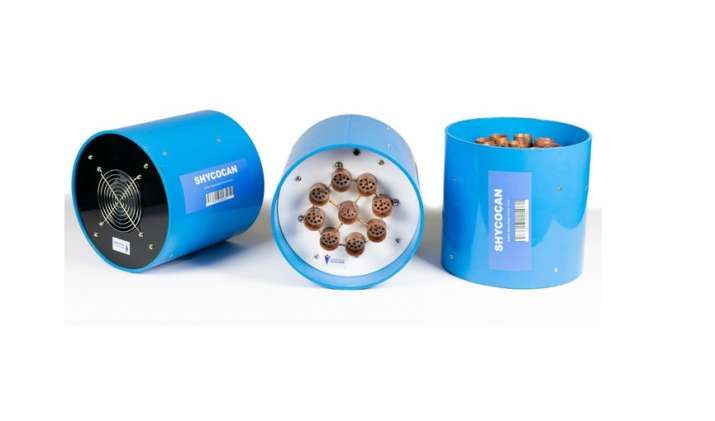
Dubai: Vibhali Shetty, a Class 8 student of Our Own English High School, Sharjah was conferred with Sheikh Hamdan Bin Rashid Al Maktoum Award on April 29, 2018 and was honoured by Deputy Ruler of Dubai at the Trade Centre Auditorium during the Award Function.
In recognition of this award, Vibhali Shetty was also honoured with ‘Prathibha Puraskar’ during the recent 44th anniversary celebration of UAE BUNTS at J.W. Marriott Hotel, Dubai in the hands of Padmashree Dr. B.R. Shetty in the glittering ceremony.
Ministry of Education, Government of UAE since 1998 has been recognizing the academic excelled students of UAE who are not only topped in education but also in extracurricular activities in their institution and have honoured them with the prestigious Award where more than 25 lakhs students of various nationalities get educated every year.
FOOTSTEPS OF VIBHALI SHETTY
Vibhali is the proud daughter of Prasad Shetty who is the Partner of Rajab Trading Company in Sharjah & Suraksha Prasad Shetty who is the Design Manager & Senior Architect at Sea Mak Consultants
She has always excelled in Educational competitions held by the Institute and is not only the topper but has been the Honorable Member of the School Parliament.
Vibhali is also the winner of Gold & Silver Medals at Abacus & Mental Arithmetic UAE level competitions held in UAE. She is also the proud winner with first place at Karnataka Level Abacus competitions.
She is also the proud first place winner at ‘Santhwanam Youth Fest 2016’ Folk Dance Competitions held at the Dubai Shopping Festival’s Global Village, Indian Pavilion.
A multi-talented Vibhali is also good at Chess, Swimming, Painting, Drawing & Art having won very many accolades and prizes during her career. She is also a good orator and recital of poems having presented in various stage performances.
Vibhali is also associated in ‘Environmental Protection’ programmes and has also being elected as the Leader of ‘Green Hope – Environmental Group’. She has associated herself in the ‘Waste Recycling’ programme and also enrolled in Environmental Group. She is an asset to the Institution where she is part of and a proud daughter of her parents.
















Comments
God Bless
Add new comment